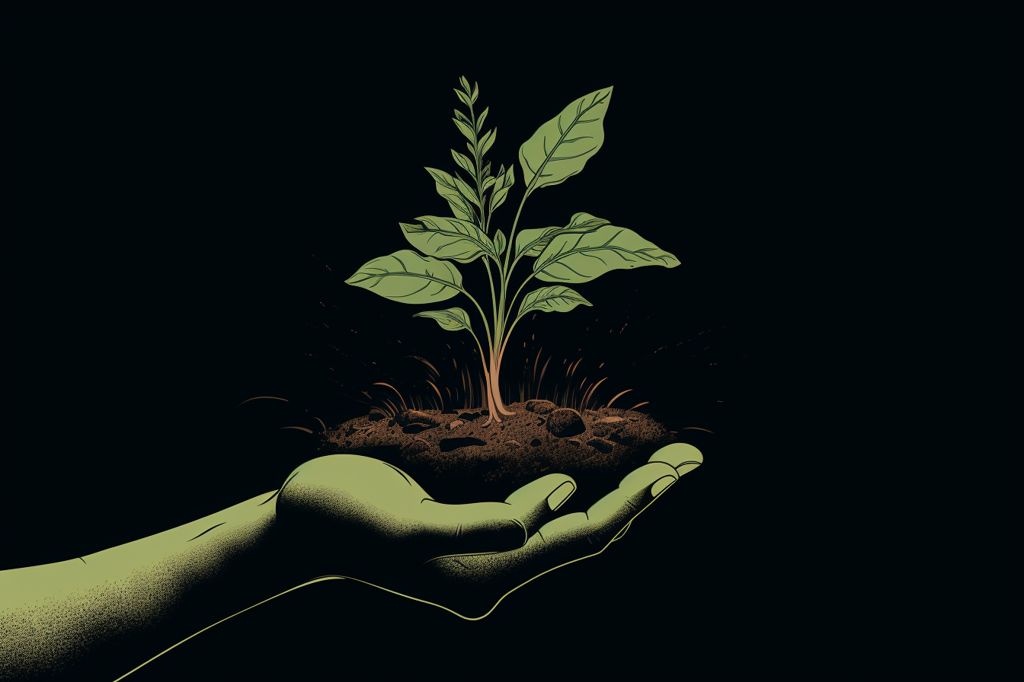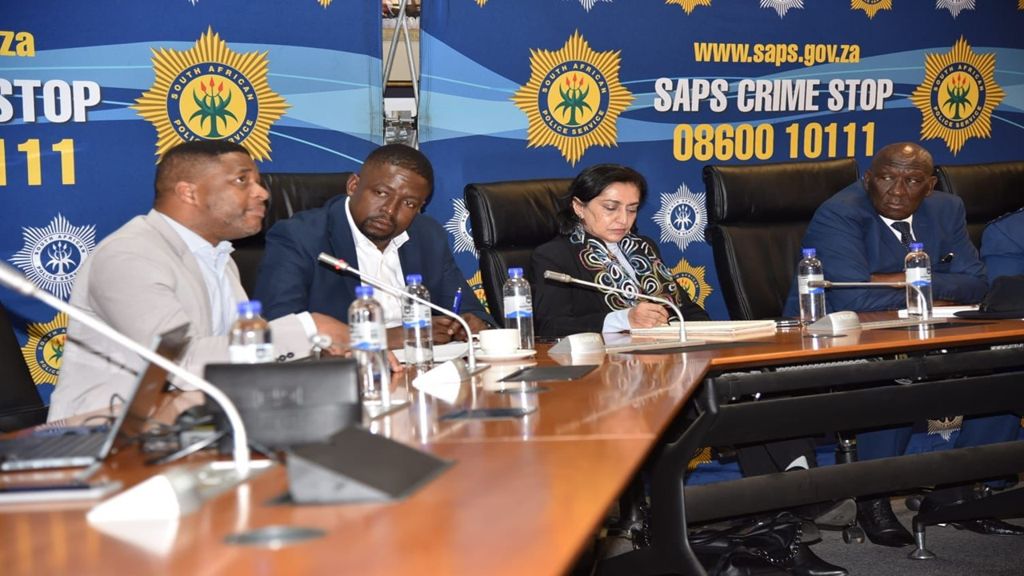The Gauteng police force in South Africa has achieved a significant milestone in their fight against serious and violent crimes by confiscating an astounding number of unlicensed firearms and ammunition. Over a six-week period, from May 15th to June 26th, 2023, the police, in partnership with other law enforcement agencies, Business Against Crime South Africa’s Eyes and Ears (E2) Initiative partners, and various crime-fighting stakeholders, recovered over 900 unlicensed firearms and nearly 10,000 rounds of ammunition.
The Importance of Leadership
The Provincial Commissioner of Police, Lieutenant General Elias Mawela, deserves credit for the impressive achievement. Firearms are often the weapon of choice in severe and violent crimes, and Lt. Gen. Mawela’s leadership has significantly contributed to the recovery of these illegal weapons. He commended the members of his department for their recent success in confiscating the illegal firearms.
Diverse Crime-Fighting Strategies
SAPS Gauteng’s diverse crime-fighting strategies have been instrumental in their latest success, including high-density operations, routine crime prevention patrols, random stop-and-searches, and vehicle checkpoints. Additionally, the police received valuable community tip-offs leading to the seizure of unlicensed firearms and ammunition, emphasizing the importance of collaboration between law enforcement and the local communities in fighting crime.
Apprehension of Suspects
During the six-week operation, the police apprehended approximately 370 suspects for the possession of illegal firearms and ammunition. The police force’s unwavering dedication to fighting crime and upholding the law has set a high standard for the safety and security of Gauteng’s residents.
Gratitude and Commitment
In a statement, Lt. Gen. Mawela expressed his gratitude to the members of the police force and their crime-fighting partners. He urged them to remain fierce in the fight against crime towards a safer and more secure province for all. This sentiment reflects the commitment to ensuring that Gauteng becomes a haven of safety and security for its inhabitants.
Ballistic Testing
As part of the ongoing investigation, all recovered firearms will undergo ballistic testing to determine if they can be linked to other serious crimes. This critical step will not only help solve past offenses but also prevent potential future crimes by taking these deadly weapons off the streets.
Setting an Example
The Gauteng police force’s impressive accomplishments serve as an example for other law enforcement agencies worldwide. Their unwavering dedication and collaborative efforts have led to the recovery of a significant number of unlicensed firearms and ammunition, contributing to a safer environment for all Gauteng residents. By working together with various crime-fighting partners and the local community, the police have demonstrated that unity and cooperation are key ingredients in the recipe for success against crime.








